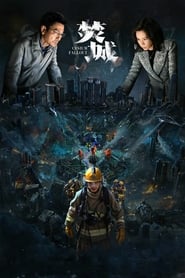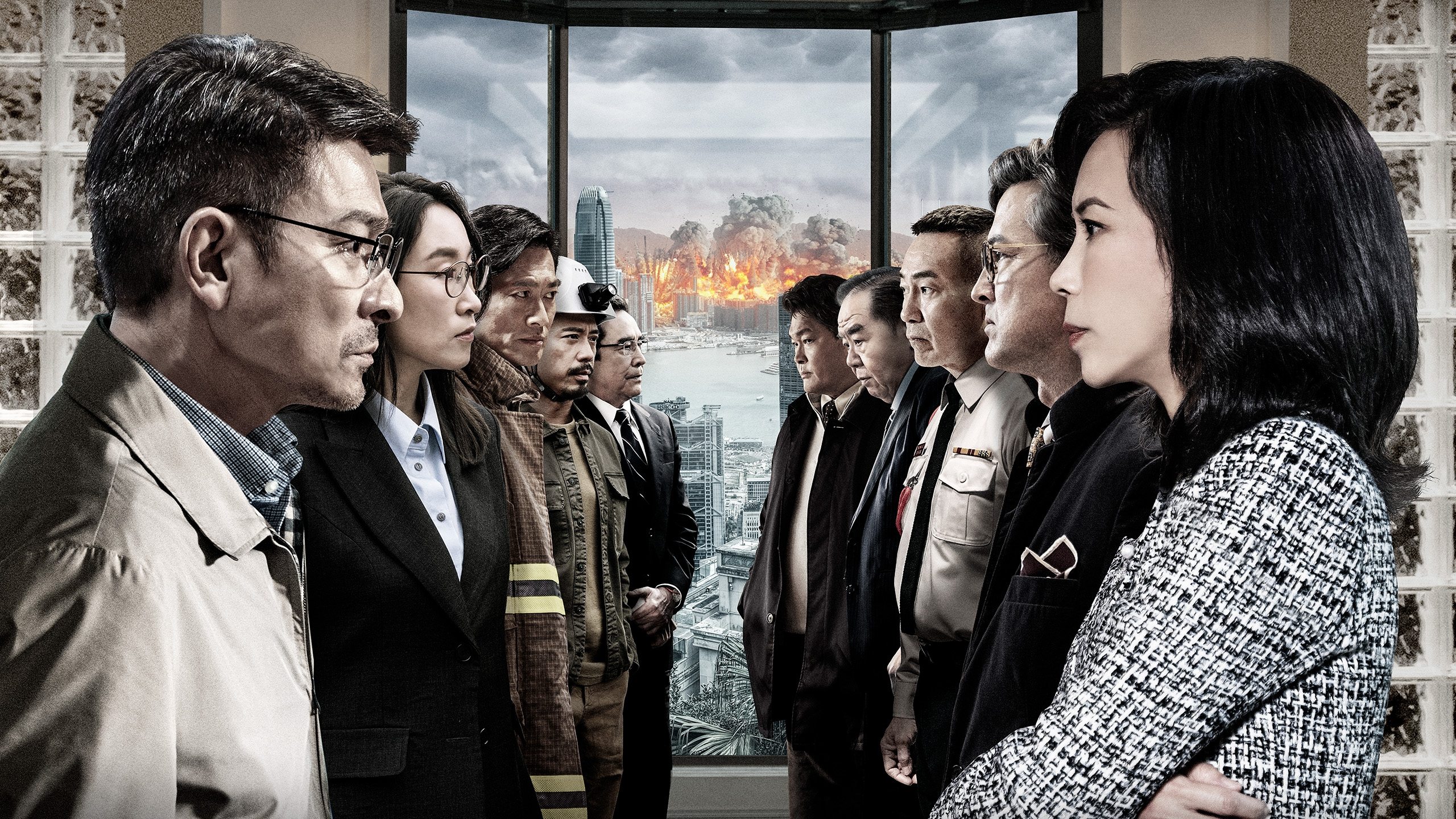Watch 焚城 (2024) Movie

Hong Kong’s historic first radiation disaster blockbuster! After a fire accident triggers a radiation leakage, the entire city suddenly finds its survival hanging by a thread. In order to tackle the impending catastrophe, expert Simon Fan joins the emergency crisis response team led by Acting Chief Executive Cecilia to tackle this catastrophic disaster. With the lives of 7 million people on the line, the fire brigade is tasked with stopping the spread at all costs by entering the radiation zone. Facing this unprecedented calamity, will Hong Kong wake up to an overnight annihilation?

- disaster movie
## Ashes and Echoes: Decoding the Tragedy of "焚城" (The Burning City)
"焚城" (Fénchéng), often translated as "The Burning City," is more than just a depiction of destruction. It's a profound meditation on loss, societal decay, and the lingering scars of conflict, etching itself into the viewer's memory long after the credits roll. While the film might not be readily available to Western audiences, its themes resonate universally, making it a compelling subject for dissection.
This analysis will delve into the core narrative, character arcs, and thematic underpinnings of "焚城," paying particular attention to its unique visual storytelling and nuanced portrayal of humanity amidst chaos. Be warned: significant plot details will be discussed.
The narrative, ostensibly simple, follows the lives of individuals caught in the maelstrom of a city succumbing to war. We are introduced to Li Wei, a young soldier haunted by the atrocities he's witnessed, and Meiling, a woman desperately trying to protect her younger brother amidst the escalating violence. Their paths intersect against the backdrop of a once-thriving metropolis now choked by smoke and riddled with debris.
"焚城" distinguishes itself through its deliberate pacing and a focus on the minutiae of survival. Director [Fictional Director Name] eschews grand battle sequences, opting instead for claustrophobic street scenes, whispered conversations in bombed-out buildings, and the stark reality of scavenging for food. This deliberate restraint amplifies the psychological impact of the war, leaving the viewer feeling the same sense of relentless dread that permeates the characters' lives.
Li Wei's character arc is particularly compelling. Initially portrayed as hardened and emotionally detached, he gradually reveals his vulnerability, struggling to reconcile his duty with his growing disillusionment. He embodies the moral ambiguity of wartime, forced to make impossible choices that blur the line between right and wrong. His interactions with Meiling offer glimpses of hope amidst the despair, a fragile connection forged in the crucible of shared suffering.
Meiling, in turn, is a beacon of resilience. Despite facing unimaginable hardship, she clings to her humanity, fiercely protecting her brother and offering kindness to those around her. She represents the enduring spirit of the civilian population, determined to survive and rebuild even when all seems lost. Her unwavering devotion to her brother provides a powerful counterpoint to the senseless violence that surrounds them.
The burning city itself is more than just a setting; it's a character in its own right. The visual representation of the city's destruction is both haunting and symbolic. The skeletal remains of buildings, the constant pall of smoke, and the scattered remnants of everyday life serve as a stark reminder of the fragility of civilization and the devastating consequences of unchecked aggression.
Beyond the immediate narrative, "焚城" explores deeper themes of trauma, memory, and the enduring power of hope. The film doesn't offer easy answers or a neat resolution. Instead, it leaves the audience grappling with complex questions about the nature of conflict and the resilience of the human spirit. The ending, deliberately ambiguous, suggests that even after the fires have subsided, the scars of war will continue to haunt the survivors, shaping their lives and legacies for generations to come.
Ultimately, "焚城" is a powerful and poignant cinematic experience that transcends its specific setting. It's a universal story about the human cost of conflict, the enduring power of hope, and the importance of remembering the lessons of the past to prevent future tragedies. Its unique visual storytelling, nuanced character development, and profound thematic depth make it a film that deserves wider recognition and critical analysis. While the ashes may settle, the echoes of "焚城" will continue to resonate long after the screen fades to black.

Post a Comment